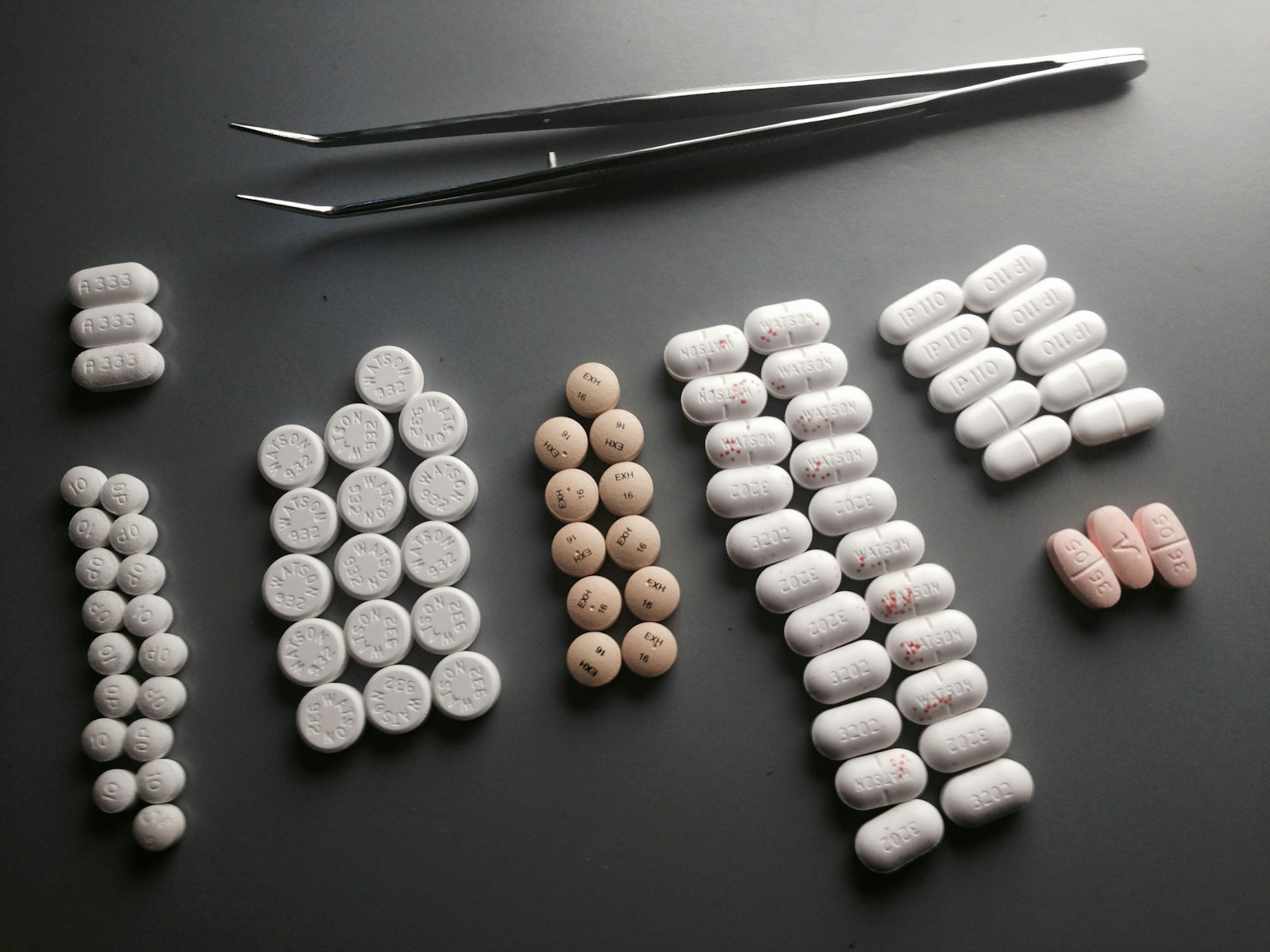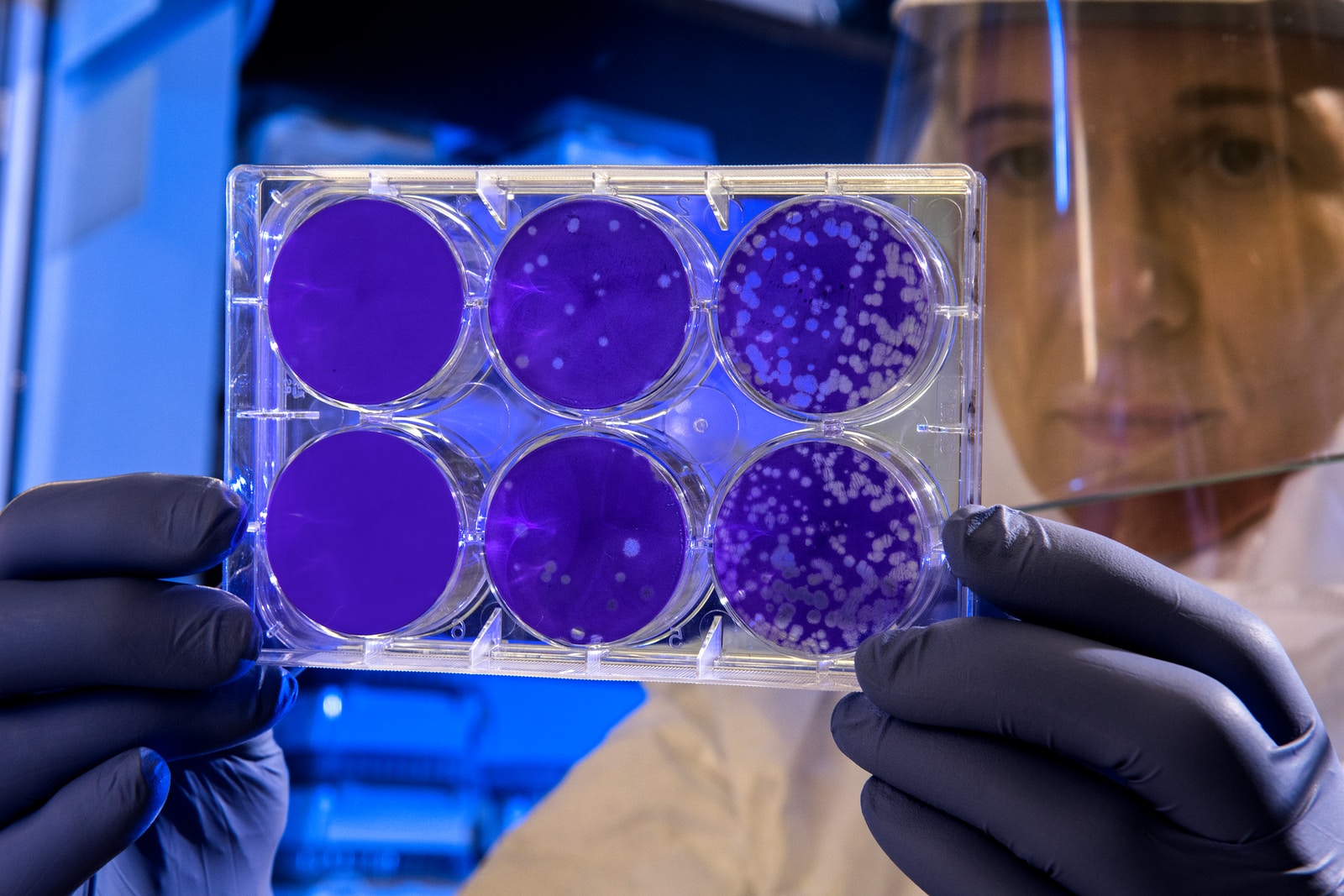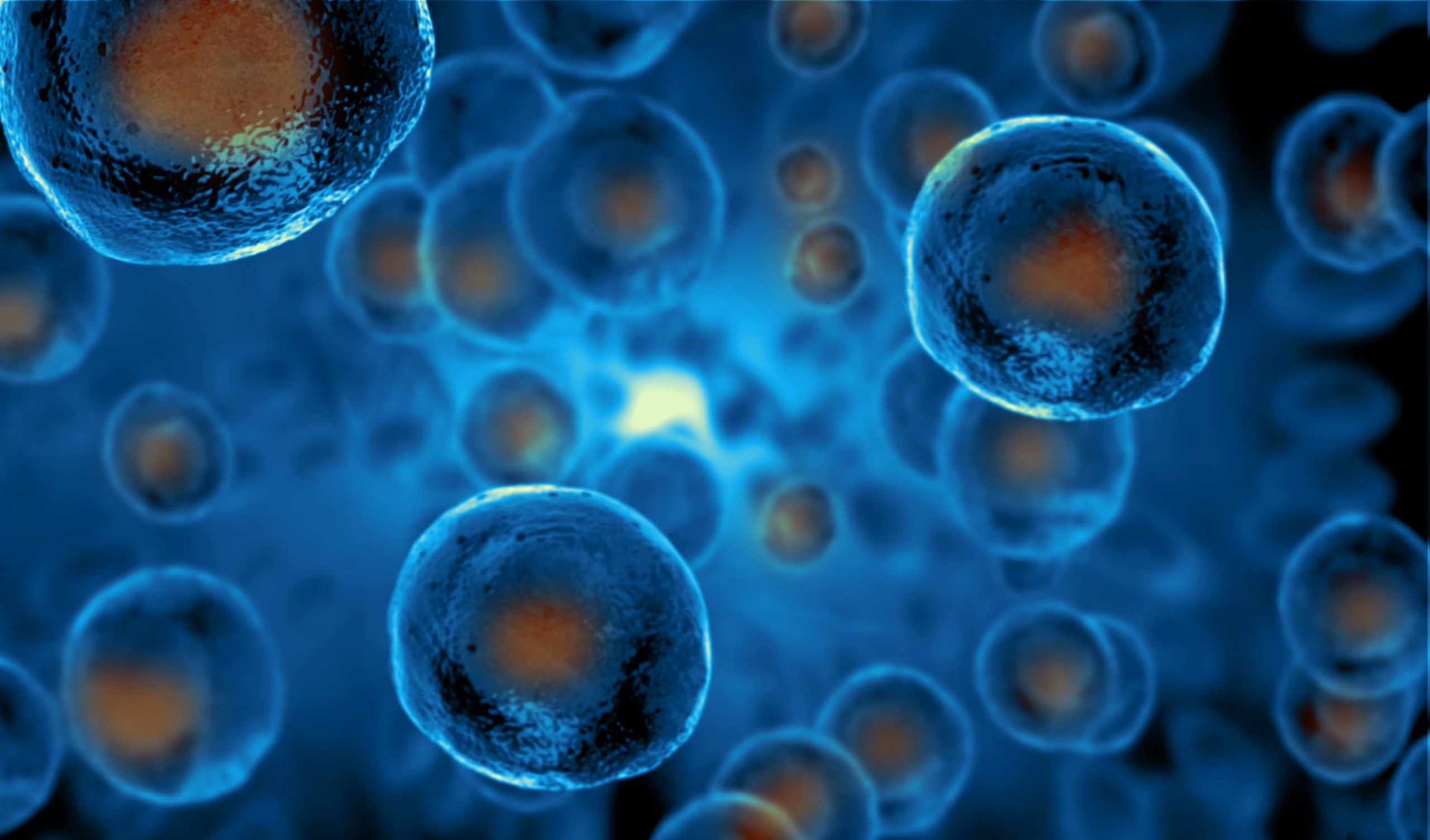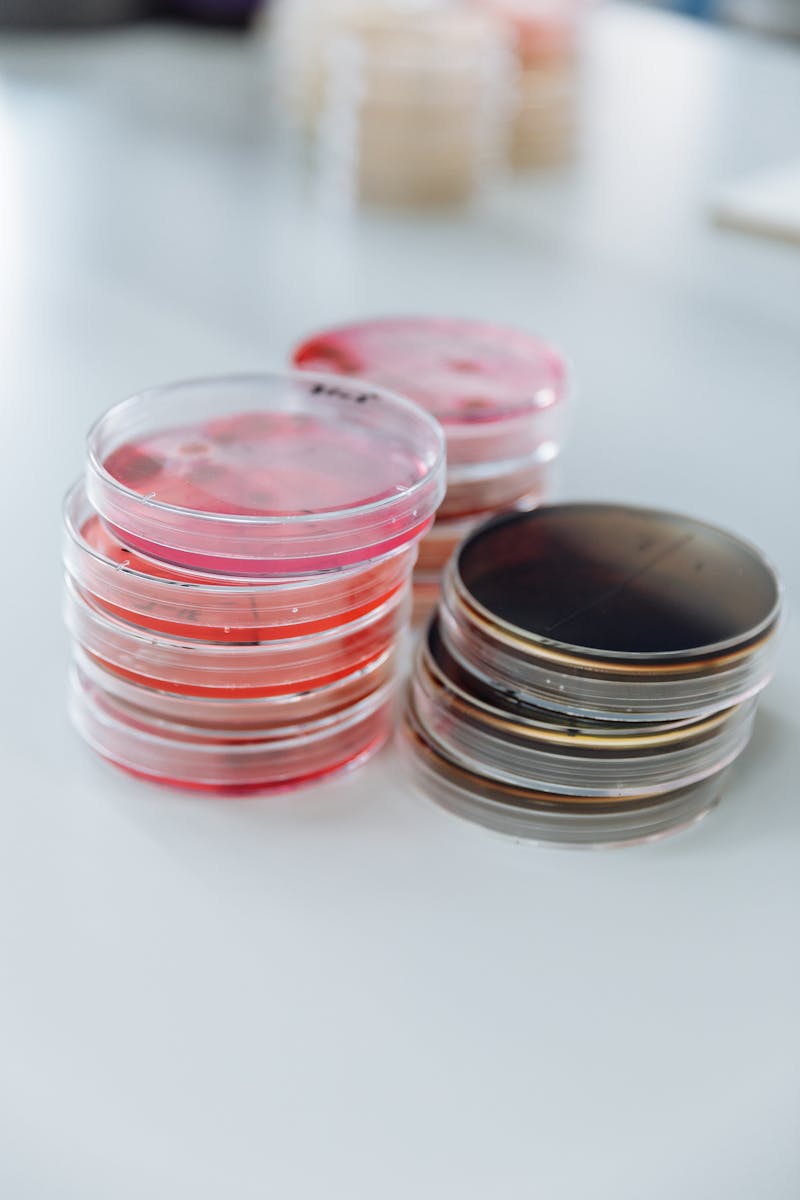Automated cell manufacturing system for stem cells
Revolutionize cell culture with a fully automated system designed to streamline processes from seeding to harvesting, ensuring precision and scalability for high-demand biomanufacturing.
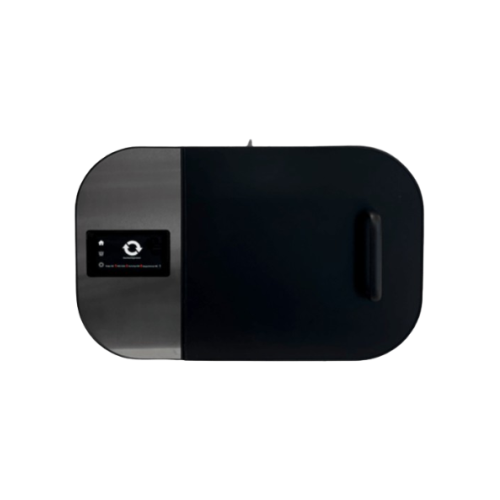
Automates and Scales Cell Culture Workflows
Marty from Unicorn Biotechnologies is a fully automated cell manufacturing system designed to streamline and scale cell culture workflows in biotech and pharmaceutical industries. This innovative system manages the entire spectrum of cell culture processes, from seeding to differentiation, through a parallelized setup of integrated cell culture vessels within a closed incubator, ensuring consistent environmental control. Applications include producing iPSC-derived cardiomyocytes, ES cell-derived neurons, and biopharmaceutical monoclonal antibodies. Marty offers seamless integration with bench-top GMP compliance, and is capable of continuous, real-time in-line QC to optimize cell production. Designed for both anchorage-dependent and suspension cells, it supports both autologous and allogeneic therapeutic modalities. Marty reduces manual labor by automating fluid handling with patented sterile connection systems and includes in-line metabolic sensing and adaptive process control for enhanced performance. This scalable solution is ideal for research and development departments, laboratories, and commercial cell therapy production, with customizable protocols and cloud-based data management for comprehensive process control.
Benefits
- Enhances process consistency by eliminating manual variability with fully automated operations.
- Accelerates time-to-market by rapidly developing scalable bioprocesses in under six months.
- Reduces contamination risk with a closed system and patented sterile connection technology.
- Increases production flexibility with parallelized plug-and-play cell culture vessels.
- Provides real-time process optimization through in-line metabolic sensing and adaptive control.
- Applications
- Therapeutic development, Drug discovery, Biotechnology, Stem cells, Cell therapy, Autologous therapeutics, Disease modeling, Biopharmaceuticals, Allogeneic therapeutics
- End products
- Custom drug screening assays, Biopharmaceutical monoclonal antibodies, Disease model organoids, Ipsc-derived cardiomyocytes, Msc-based cartilage implants, Es cell-derived neurons, Autologous stem cell transplants, Therapeutic cell lines, Allogeneic car-t cell therapies, Scalable cell culture bioreactors
- Steps before
- Seeding, Reagent Preparation, Media Pre-Warming
- Steps after
- Sampling, In-Line QC, Harvesting, Sterile Fluid Connection
- Input ingredients
- embryonic stem cells, induced pluripotent stem cells, growth factors, small molecules, reagents, media, mesenchymal stromal cells, primary cells, cell lines, suspension-based cell lines, HSCs, T cells, NK cells, TILs, TRegs
- Output ingredients
- expanded ES/iPSCs, differentiated progeny, cell suspension, waste supernatant, homogenous fluid distribution, process data, regulatory approved products
- Market info
- Automation
- Fully automated
- Process Control
- Adaptive process control systems
- Sensing Systems
- In-line biochemical sensing
- Scalability
- Up and Out
- Cell Types
- iPSCs, anchorage-dependent, suspension-based
- Integration
- Standalone or with other instruments
- Temperature Control
- Gas and temperature-controlled incubator
- Storage
- Refrigerated reagent storage unit
- Fluid Handling
- Plug and play cell culture vessels
- Connection System
- Proprietary sterile connection system
- Process Development Time
- < 6 months
- Energy Usage
- Data stored locally or in cloud
- Process Failure Rate Compared to Manual
- 50%+ less
- Labour Reduction
- 80%+ less
- Automation level
- Fully automated
- Batch vs. continuous operation
- Closed batch system
- In-line process control
- Adaptive process control
- Scale-up capability
- Parallelized plug and play vessels
- Sterile fluid connection
- Automated sterile connection
- Resource efficiency
- Conserves scarce resources
- Biological compatibility
- Compatible with iPSCs, ES, MSCs
- Cleanability
- Supports automated sterile connections
- Corrosive resistance (e.g. acids)
- Compatible with various cell culture reagents
- Density/particle size
- Handles various cell types and conditions
- Machine Footprint
- Compact
- Control Panel Type
- Digital
- Discharge Method
- Automated
- Control panel type
- Digitized Protocol Builder
- Sterile connection systems
- Automated sterile connection formation
